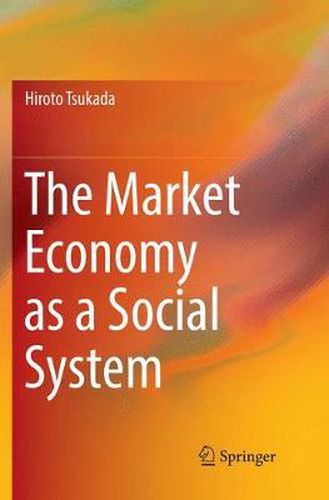Readings Newsletter
Become a Readings Member to make your shopping experience even easier.
Sign in or sign up for free!
You’re not far away from qualifying for FREE standard shipping within Australia
You’ve qualified for FREE standard shipping within Australia
The cart is loading…






This title is printed to order. This book may have been self-published. If so, we cannot guarantee the quality of the content. In the main most books will have gone through the editing process however some may not. We therefore suggest that you be aware of this before ordering this book. If in doubt check either the author or publisher’s details as we are unable to accept any returns unless they are faulty. Please contact us if you have any questions.
This book develops John Rawls’s theory of justice by adding reality-based analyses. This is accomplished by answering the question of who makes rules and how, and by providing new answers to three of today’s most practical and critical issues. The question of who and how makes rules is discussed first; and group orientation instead of individualism, and a balance of negotiating power instead of a veil of ignorance are presented as new answers to this question. Based on this new understanding of rulemaking, three important practical rules are subsequently discussed: the rule of distribution of land and other natural resources, including the question of natural talent or who should bear the costs of children’s education; the rule of distribution of products; and what motives support our acts of kindness.
These rules are all dealt with from a shared perspective, viewing society as a single integrated construct. Equal distribution of land, not private but public payment of education fees, strengthening employees’ bargaining power, and moving toward nobility-based kindness are put forward as central answers. By addressing critical questions on social rules and proposing answers, this book provides reliable principles to fall back on in our daily lives, and in our rapidly changing, globalized world.
$9.00 standard shipping within Australia
FREE standard shipping within Australia for orders over $100.00
Express & International shipping calculated at checkout
This title is printed to order. This book may have been self-published. If so, we cannot guarantee the quality of the content. In the main most books will have gone through the editing process however some may not. We therefore suggest that you be aware of this before ordering this book. If in doubt check either the author or publisher’s details as we are unable to accept any returns unless they are faulty. Please contact us if you have any questions.
This book develops John Rawls’s theory of justice by adding reality-based analyses. This is accomplished by answering the question of who makes rules and how, and by providing new answers to three of today’s most practical and critical issues. The question of who and how makes rules is discussed first; and group orientation instead of individualism, and a balance of negotiating power instead of a veil of ignorance are presented as new answers to this question. Based on this new understanding of rulemaking, three important practical rules are subsequently discussed: the rule of distribution of land and other natural resources, including the question of natural talent or who should bear the costs of children’s education; the rule of distribution of products; and what motives support our acts of kindness.
These rules are all dealt with from a shared perspective, viewing society as a single integrated construct. Equal distribution of land, not private but public payment of education fees, strengthening employees’ bargaining power, and moving toward nobility-based kindness are put forward as central answers. By addressing critical questions on social rules and proposing answers, this book provides reliable principles to fall back on in our daily lives, and in our rapidly changing, globalized world.